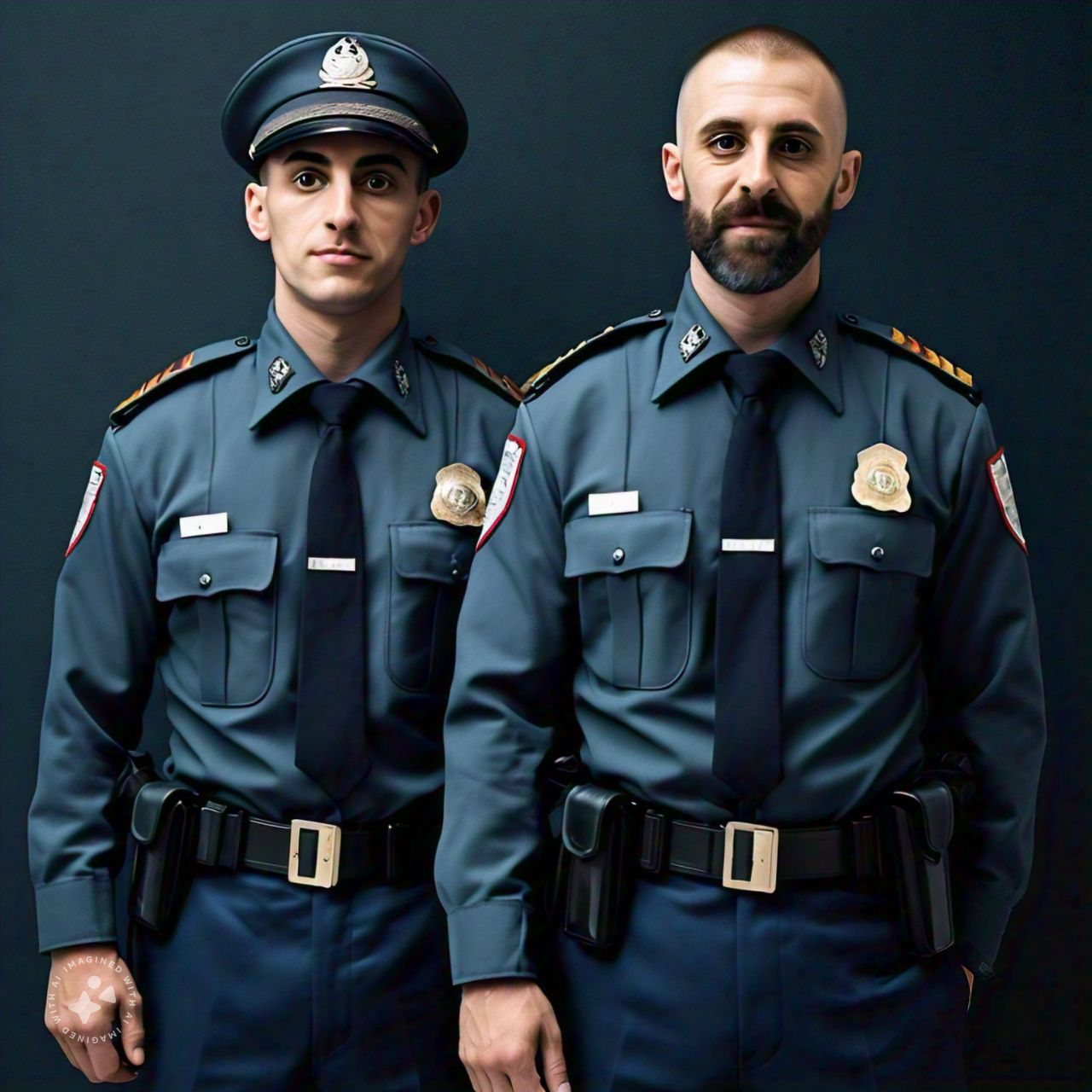What Security Guards Can and Cannot Do
Security guards play an essential role in maintaining safety and order in a variety of environments, from corporate offices to construction sites. However, their powers and limitations can often be misunderstood. Understanding what security guards are legally permitted to do—and what falls outside their authority—is crucial for both the guards and the general public. In this guide, we’ll explore the scope of a security guard’s responsibilities and boundaries in Australia.
1. Authority to Detain but Not Arrest
One of the most common misconceptions about security guards is that they have the same powers as police officers. While they do have the authority to detain individuals under certain circumstances, security guards cannot make formal arrests. If a person is caught committing a crime, such as theft or vandalism, a security guard can detain them using reasonable force, but only until the police arrive to make a legal arrest.
This practice is commonly known as a “citizen’s arrest.” It’s essential that the guard only detains the individual if they are certain a crime has occurred, as detaining someone without cause could lead to legal consequences.
To better understand the role of security guards in handling such incidents, you can explore more about construction site security in Melbourne, where these situations often arise.
2. Conduct Surveillance but Not Invade Privacy
Security guards are trained to conduct surveillance and monitor activities on the property they are hired to protect. They are permitted to observe and report any suspicious behavior that could potentially lead to criminal activity. However, security guards must respect privacy laws and cannot engage in invasive actions, such as searching personal belongings without consent or entering private areas without proper authorization.
For example, security guards stationed in corporate environments often work in tandem with professional security services to ensure that surveillance is conducted ethically and within legal boundaries.
3. Use Reasonable Force but Not Excessive Force
Security guards are allowed to use force when necessary, but only in reasonable amounts, such as during the detention of a suspect or in self-defense. The key term here is “reasonable.” If a security guard uses excessive or disproportionate force, they could face legal repercussions, and it may harm the company’s reputation or result in litigation.
It’s crucial for security guards to assess each situation carefully and respond with an appropriate level of force based on the threat level. Training on conflict resolution and de-escalation tactics is a fundamental part of security guard education, helping them avoid unnecessary physical confrontations.
If you’re curious about how security guards handle conflict situations, SSP Australia offers insights into best practices and training for conflict resolution in the security industry.
4. Patrol Private Property but Not Public Areas
Security guards are hired to protect private properties, which gives them the authority to patrol, monitor, and maintain order on these premises. This can include shopping centers, office buildings, warehouses, or construction sites. However, their authority is limited to the boundaries of the property they are hired to protect. Security guards cannot enforce rules or take action in public spaces outside of the property’s jurisdiction.
For instance, a guard working for a private business can prevent unauthorized individuals from entering, but they cannot stop people from gathering in public areas outside of that business’s property, unless instructed by law enforcement or specific government guidelines.
To learn more about the roles and duties of security guards on private properties, check out the detailed resource on what security guards can and cannot do.
5. Request Identification but Not Demand It
Security guards often need to verify the identity of individuals entering secured areas or restricted zones. They can request identification from anyone attempting to access these areas. However, it’s important to note that a security guard cannot legally demand ID from someone unless they are entering a private space where identification is required, such as a gated community or an office building with restricted access.
If an individual refuses to provide identification, the guard may deny them entry, but they cannot forcibly take someone’s ID or detain them for simply refusing to provide it.
This guideline is particularly relevant in places like corporate buildings or high-security areas where access control is a priority. Security personnel are trained to handle such situations diplomatically to avoid unnecessary confrontation while ensuring the security of the premises.
6. Conduct Searches with Permission but Not Without Consent
In some cases, security guards may need to search individuals or their belongings, such as when they are working at airports, concert venues, or other high-security areas. However, security guards must always obtain consent before conducting any personal searches unless it is explicitly required by law or agreed upon by entering a restricted area (for instance, through posted signage at events or secured buildings).
Searches without consent could lead to accusations of harassment or illegal conduct, and security personnel must be careful not to overstep their legal boundaries.
To gain a deeper understanding of how searches are managed in different settings, SSP Australia provides resources on security protocol and legal compliance in various industries.
Conclusion
Security guards play a vital role in safeguarding individuals, property, and businesses, but their authority is not without limits. Understanding what security guards can and cannot do helps ensure that they perform their duties within the confines of the law, protecting both the safety of the public and their own legal standing.
By following established legal frameworks, security guards can carry out their responsibilities effectively while respecting the rights of others. For more detailed information on the scope of security guard services and regulations, explore the full range of security services in Australia to get a better understanding of what to expect from professional security personnel.
